
I think it best to offer some introductory orientation to the approaches I use to help people learn about decision-making. Hence this blog.
The first perspective I want to present is that of the hero’s journey which I have adapted from Christopher Vogler’s work on the parallel journey of the writer. My friend, Bob Provan, introduced Vogler’s summary to me over 20 years ago when we went out for drinks after seeing a movie. He had gone to a class Vogler taught on an approach to screenwriting.
Given Bob’s natural story-telling ability, he easily dissected the movie we had just seen right in front of me. As he described the hero’s journey, I realized that the hero’s journey was exactly what I was looking for in my study of how people make decisions.
In this blog I show how the milestones of the hero’s journey help organize the outer plot of the story of a decision. In a subsequent blog, I will address the way another movie illustrates the internal path of the decision-maker.
So using High Noon as an example, let me briefly suggest how the hero’s journey works.
1. The hero is seen in his or her ordinary world. Will Kane (Gary Cooper) and his soon-to-be-wife Amy (Grace Kelly) live in a small, southwestern town called Hadleyville where Will is the outgoing marshal. His replacement is due in tomorrow, Monday.
2. The hero is called to adventure. At 10:40 AM, just after Will and Amy are married by the town judge (in a civil ceremony because she is a Quaker) and ceremoniously seal their "deal" with a kiss, thus enabling Will to take off his marshal's tin star, the telegraph operator brings word that Frank Miller, a convicted murderer, has been pardoned and is due to come back to town on the noon train. His henchmen, Ben Miller, Jack Colby, and Jim Pierce are waiting for Frank to join them. Will and Amy are encouraged to leave town before trouble arrives. Heeding the townspeople’s advice, they drive out of town in their wagon.
3. The hero is reluctant. But Will stops just outside of town, telling his new wife that he must not run from this trouble. Instead, he must return to town and face the trouble bravely, like a man. Amy, naturally, is not happy with this, wondering whether he wants a wife or a widow. When he refuses to change his mind and leave with her, Amy tells Will she is leaving town on the noon train.
4. The hero encounters a wise one. When Will goes looking for help, he finds the judge who just married them. But the judge wants no part of the coming trouble in the “dirty little town in the middle of nowhere.” He reminds Will of the civics lesson of an ancient Greek community that ostracized a tyrant only later to invite him back into the community and watched passively as he killed all of the government. Will is unimpressed.
5. The hero passes through the first threshold. Now the task of raising some deputies goes full swing. Harvey (Lloyd Bridges) is already a deputy. But he and Will argue when Will will not advance Harvey’s ambition to become the next marshal. Harvey accuses Will of a basic jealousy since Harvey claims to be with Mrs. Ramirez (Katy Jurado), Will’s former friend, and as it turns out, Frank Miller’s as well. When Will won’t budge, Harvey quits.
6. The hero encounters tests and helpers. At first a man named Herb volunteers to help. But when Will goes into the bar to tell them he “needs help” and I’ll take all I can get,” it becomes quickly and painfully obvious that these townsmen are not interested. The bartender is giving odds against Will’s stand. When Will goes to see Helen Ramirez, she gets angry at him for not getting out, but understands him when he says he can’t leave. (Mrs. Ramirez later dismisses Harvey as a boy in comparison to the man Will is during this crisis.) In the town, one man, Sam, has his wife answer the door to avoid Will’s request. When he finally goes to the Sunday Church meeting, the parson is reading a passage from Malachi 4 (which begins: ““For behold, the day is coming, burning like an oven, and all the proud, yes, all who do wickedly will be stubble. And the day which is coming shall burn them up,” says the Lord of hosts, “That will leave them neither root nor branch.”). But he does not get any support there, despite a long debate. The final blow comes when an apparently staunch supporter of Will wants Will to leave the town in order to say it.
7. The hero reaches the inner sanctum. At about 11:45 AM, Will goes to see Mark, the former marshal who got Will the position in the first place. Mark asks Will what his death would accomplish. He suggests that Will’s coming back is a form of suicide under the circumstances. While Will is meeting with Mark, Mrs. Kane goes to talk with Mrs. Ramirez. Mrs. Kane wants Mrs. Ramirez to let Will go. She still doesn’t understand why he wants to stay. Mrs. Ramirez tells Mrs. Kane if Will were her man, she would stay. She asks if Mrs. Kane is scared of the sound of guns. Mrs. Kane tells of being there when her father and brother were killed with guns. That’s why she became a Quaker. Having had their talk, both women realize they will be leaving on the same noon train. Mrs. Ramirez offers to let Mrs. Kane wait with her in her room.
8. The hero endures the supreme ordeal. When Will returns from unsuccessfully talking with Mark, Harvey follows him into a stable and tries once more to get him to leave as Will exposes his misgivings. But when Harvey pushes it and starts to fight him when he won’t change his mind, Will wins with a knock out.
9. The hero seizes the sword. The oversight Harvey missed in all of this is put by Mrs. Ramirez succinctly: Will is a man; Harvey still a boy who may never become a man. Moreover, she predicts that when Will dies, the town will die as well. That’s the insight she has supporting her decision to leave. Meanwhile Will gets cleaned up from the fight at a barbershop/funeral home where coffins are being made in the back of the store in anticipation of the coming gun fight.
10. The hero takes the road back. Will returns to his office only to find Herb who backs out at the last moment because he has no stake in this fight. Without saying so, it’s clear Will alone decides he does.
11. The hero experiences a death and a resurrection. Waiting in his office, Will writes his Last Will & Testament. Waiting in the Church, some of the townspeople pray in their pews with their heads down. Waiting in the bar, the men who see Kane’s approach as always hurting business drink. Will watches as Mrs. Kane and Mrs. Ramirez drive off to the train. When the two women arrive at the depot, the train pulls in with Frank Miller on it. The women board the train. Frank and his three men go into town. Will walks down the streets of the empty town alone.
12. The hero returns with the elixir. As Frank and his men come from an opposite direction. Ben Miller’s breaking a glass window to steal a woman’s hat signals Will of their presence. Calling out to them in warning, Will returns fire and shoots down Ben Miller. With the sound of that gunfire, Mrs. Kane runs from the train and into the town to find Ben Miller, and not her husband, dead. Will shoots Colby next, but Will gets caught in a cross-fire with Pierce shooting at him from one direction and Frank from another. When Pierce is shot in the back, Frank discovers it was Mrs. Kane who did the shooting. He sneaks into the office behind and takes her out into the street as a hostage and shield. When she turns on him and pushes away, Frank and Will stand face-to-face. Will kills Frank. The townspeople come out and surround them. Will hugs Mrs. Kane. Takes off his tin star, throws it to the ground. A young boy who wanted to help Will earlier drives their wagon up. Will and Amy Kane drive off without looking back.
© 2007 John Darrouzet
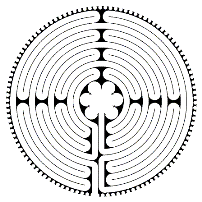

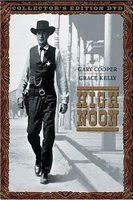

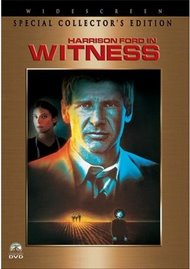
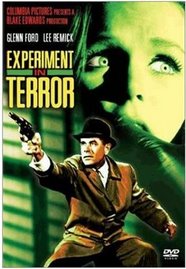

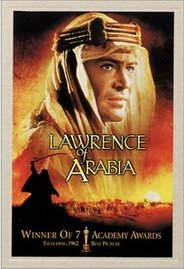
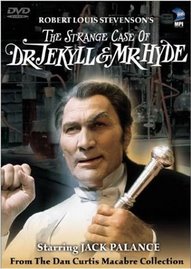
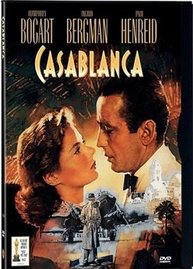
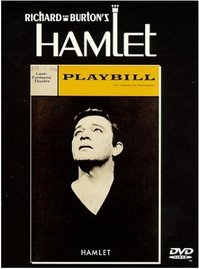
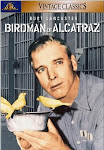
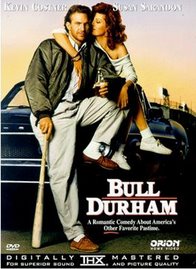
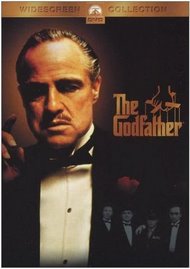
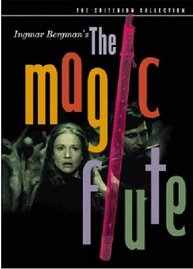
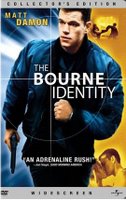
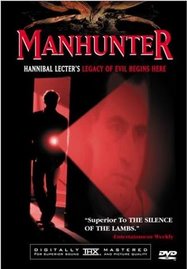
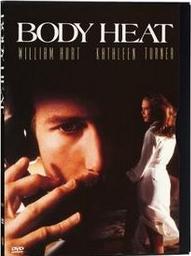
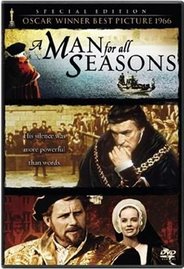
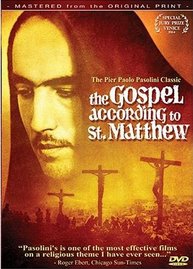
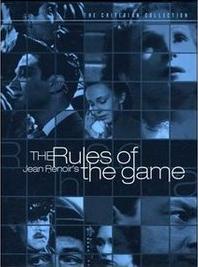
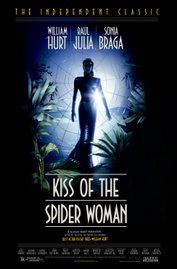
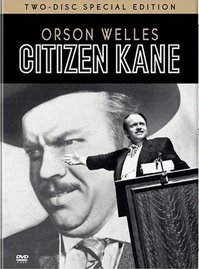

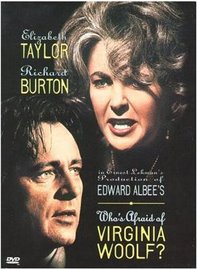
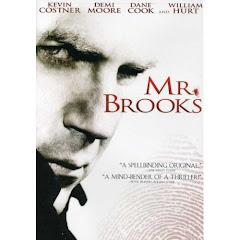
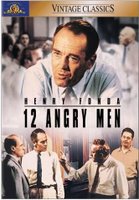

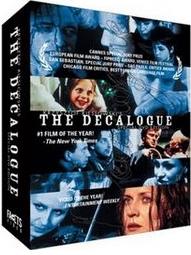

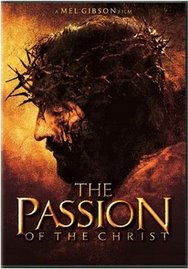

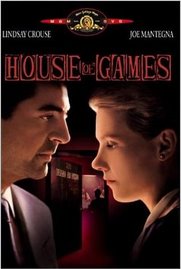



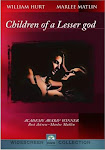
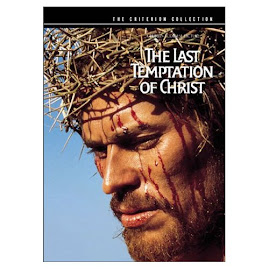
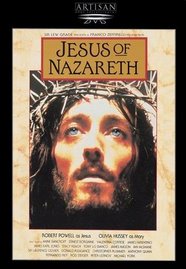
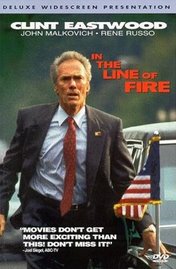
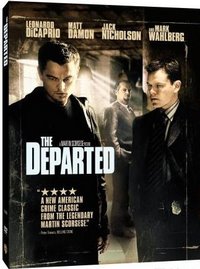

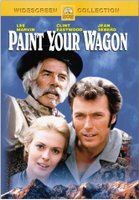
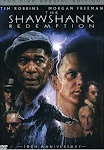
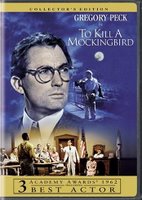
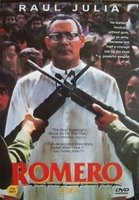
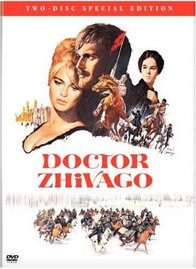

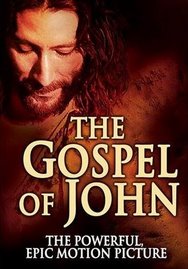
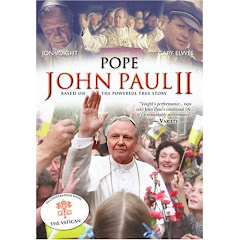

No comments:
Post a Comment